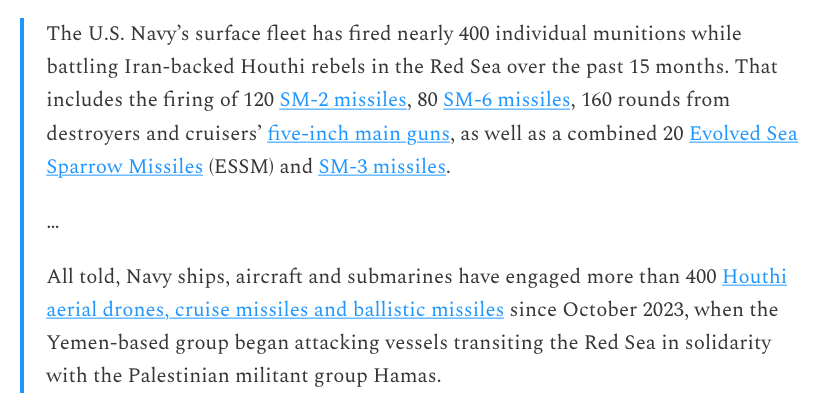The original Nosferatu is a masterpiece, a relic from an pioneering era of cinema that pushed boundaries yet to be found. The fact that we have the original at all is an accomplishment, an unauthorised copy of Dracula that was meant to be destroyed. An early copyright infringement strike where the widow of Bram Stoker sought royalties and the destruction of the movie that was inspired by her late husbands work. The names of the characters and locations were changed though for all intensive purposes in a period when Dracula was not public domain, it was legally decided to be wrong and thus all copies were to be destroyed. Thankfully they failed and so we still have access to a monument of early cinema.
Perhaps they tried to destroy the wrong version of Nosferatu.
The 2024 remake is a movie. Technically sound.
It struggles to be true to the source without tripping into parody, while awkwardly exhibiting the blandness of a costume drama in an age of horror movie tropes that never aged well in their own time. A bad movie. This is a pretentious statement about subjective tastes but objectively speaking it was likely made with love, and maybe that was it.
Nicholas Hoult plays the character that most would associate with Keanu Reeves from the 1992 version of Dracula. While many have argued that Reeves is the weak point in that film, despite Hoult’s acting being as bad or even worse, he is not the weakest link for Nosferatu. Willem Defoe chews every scene with an awareness that is welcome, an audience member in the barely filled cinema even whispered loud enough to be heard, “he’s hung you know,” a factoid that barely helped the movie going experience.
Bill Skarsgard played Orlok, the titular Nosferatu. He played a villain. Meandering between repulsive, creepy and Gru of Despicable Me. Perhaps that is the intended audience, children who grew up on such caricatures of comic impersonation to now be dragged into a post Tim Burton age of macabre misses. Where jump scares and shot for the trailer scenes go nowhere other than to stop the audience from falling asleep.
Screaming!
Herky jerky body movements!
Girl being creepy, spit, distant gaze, frozen head position, scream again!
Return to mind numbing dialogue.
Speaking of Tim Burton, Lilly-Rose Depp was in this movie and as I have not seen her in anything else, I will say this, in this film she was most certainly not Christina Ricci or Helena Bonham Carter. Her performance seemed as though she was impressing upon unseen moderators that she should pass her dramatic arts degree with an over the top performance that was either an example of uncertain direction or nepotism. It is unkind to single out her performance as being any real problem with this movie because all of these actors did an unusually horrible job. The whole two plus hours felt like five was a reminder that professionals made this movie.
This was likely a well meaning passion project for director Robert Eggers who has often claimed to love the original. The original is from a different age of cinema, a silent movie with visuals that haunt and remain iconic. With written text that are subservient to such imagery and eerie motion or innocent decrees to be contrasted by looming evil. In 2025 this is perhaps no longer possible to make a film of any form of sincerity even if one wants to. The intrusion of by the numbers editing and darkness for the sake of darkness, the lighting of sets that somehow are shot without realising their potential shrinks the movie, to diminishing moments to a modern incarnation of a Hammer film horror without the charm.
According to IMDB many did and do like this movie. That is the beauty of taste and preferences. I did not. It would be a cliché to claim that the film, ‘insists upon itself’, though at times it felt as though we were meant to appreciate it as groundbreaking or as a masterwork while at the same time the acting assured us constantly with a wink of, “don’t take it serious.” Except we did not have Leslie Nelson suddenly appearing only to fall down a stair case.
Not to spoil too much but the climactic end gave us imagery that could almost have belonged in the taboo video film NEKromantik and maybe that is an honest way to depict the necrophile romanticism of the vampire.
Whatever it was, it was not entertaining. It was long. The dialogue was stilted, the performances were not fitting and the movie as a whole felt like a waste of time and money for the cinema goer. In an age where both are in short supply, the escapist treat that is motion picture is becoming a chore to endure. Nosferatu will suck more than your blood, but some of you may enjoy that. Nine long fingernails down and two blunt fangs into your eyes.















